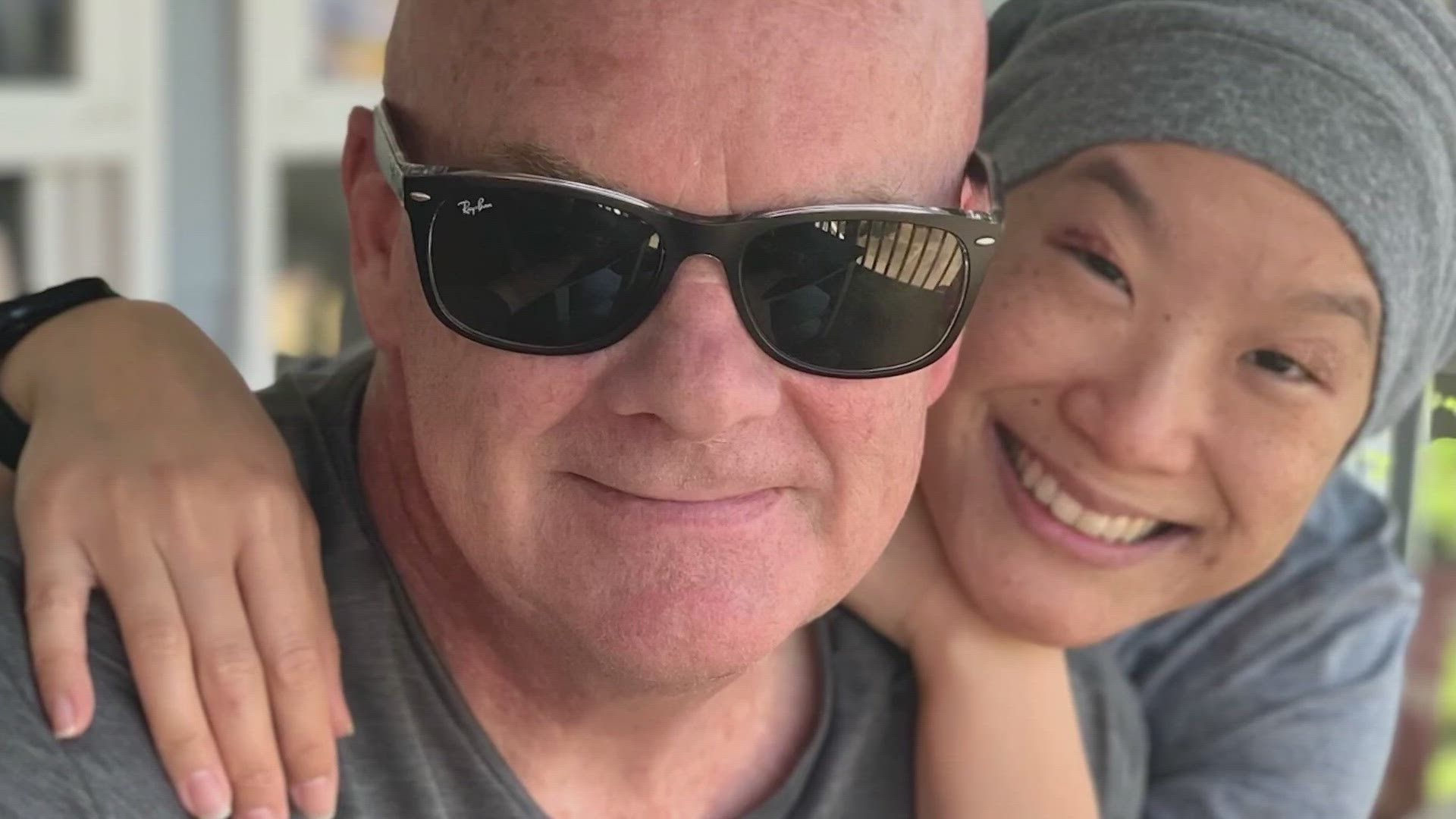HOUSTON — More young women are being diagnosed with breast cancer, which is why the US Preventative Services Task dropped the recommended age for routine mammograms to 40, instead of 50.
That's also one reason the American College of Radiology, the American Society of Breast Surgeons and doctors at MD Anderson Cancer Center recommend screenings every year.
“We know that more lives are saved by screening every year, rather than every other year,” Dr. Toma Omofoye, a breast radiologist with MD Anderson, explained.
Omofoye recommends that those who are at average risk of breast cancer begin getting annual screenings at 40. Those at greater risk should talk to their providers about getting screened younger.
Although one in eight women will be diagnosed with breast cancer in the United States, Omofoye said that one in six will be younger than 50.
“It is true that since the year 2000, the rates of breast cancer in young women have been increasing, but, increasing even more rapidly since 2015," she said.
Omofoye said factors include higher rates of obesity, which has been shown to increase the risk of breast cancer, along with lifestyle factors like delayed childbearing beyond age 30. Researchers are also considering environmental factors.
Last year, when Houstonian Edith Li turned 40, she went in for her first routine mammogram. This followed years of self-breast exams and a mammogram in her 20s when she felt a lump, but was told it was nothing to worry about.
“I thought I’d done everything I should’ve done,” Li said.
However, this mammogram led to further testing and eventually a diagnosis of stage 3B breast cancer.
“I got the call at work when my biopsy results came in and I was a mess,” Li shared. “It’s just been a total roller coaster ever since."
Since then, Li’s undergone chemotherapy treatments, a double mastectomy and radiation. Recently, she learned there’s no evidence of disease.
“We were very excited when we found out!” Li said.
Li will need to have routine scans over the next several years but she hopes sharing her journey saves someone else.
“If what I’ve been through means that other women will go and have their mammogram… then that’s worth it.”
According to the Centers for Disease Control, most insurance plans are required to cover mammograms.

